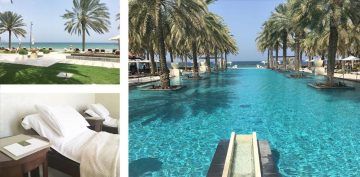 Will Fitzgibbon over at the International Consortium of Investigative Journalists:
Will Fitzgibbon over at the International Consortium of Investigative Journalists:
A longtime possession of the Dutch, French and then the British, Mauritius was for centuries a poor agrarian society with an economy based mostly on sugarcane. Its economic prospects seemed forever limited by its location, 1,250 miles east of the African coast, and tiny size, smaller than Rhode Island.
Then in the early 1990s, Rama Sithanen pushed an idea.
The Mauritius finance minister at the time, Sithanen observed that Luxembourg, Switzerland, Hong Kong and other, more obscure jurisdictions had grown into financial powerhouses by serving as low-tax gateways to wealthy nations nearby. He said Mauritius should do something similar, offering itself as a stable, corruption-free bridge to Africa and other less developed regions.
“The potential exists to explore new avenues and to look for new markets,” he argued before the Mauritius Parliament in 1992, pushing a bill that would make possible the island’s first shell companies and allow some firms to pay zero taxes on profits and capital gains. One parliamentary colleague called the bill “a wonderful tax tool.”
An opposition member objected, saying the bill would create at least the appearance that Mauritius was benefiting at the expense of poorer neighbors.
“It is a tough world,” retorted another government minister in support of the law. “We cannot waste time.”
More here.
